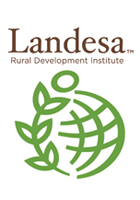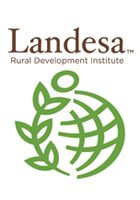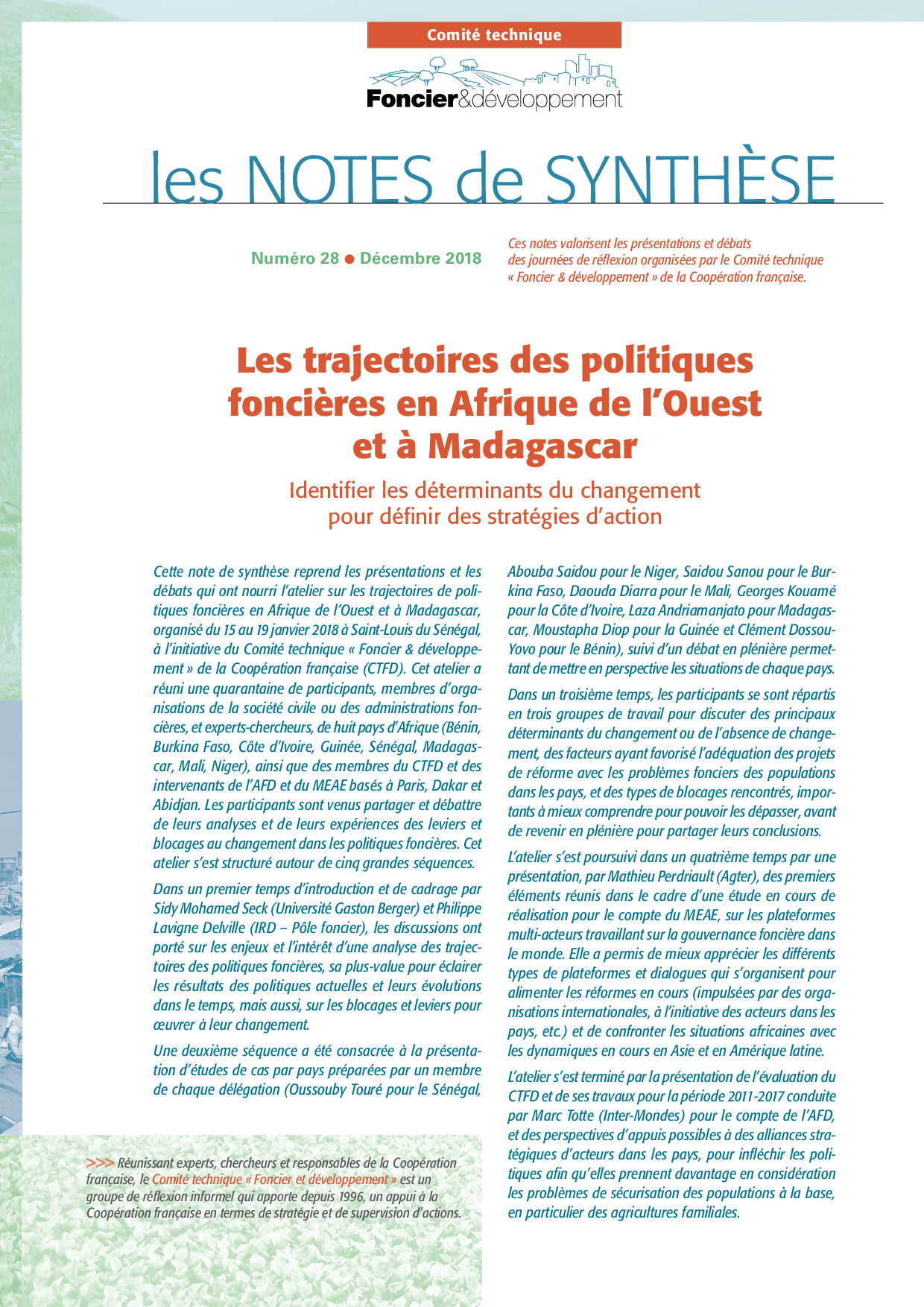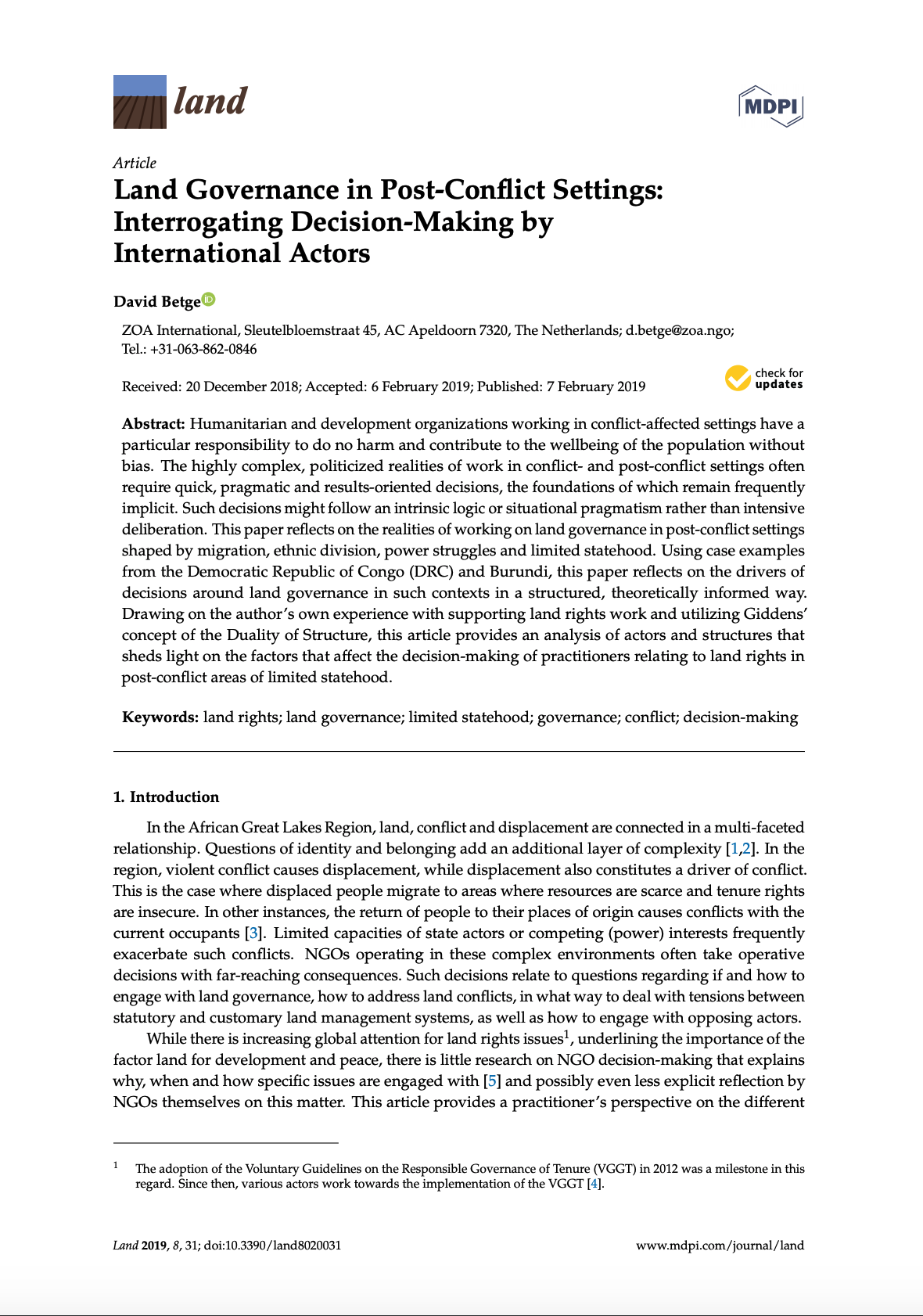IMPROVING LAND GOVERNANCE THROUGH COMMUNITY PARTICIPATION
March 2014 – Odisha, a state on the eastern coast of India, has endeavored over the years to enact laws aimed at providing land to those cultivating it and redistributing ownership of land. Landesa designed and piloted a model where a local youth (called a Community Resource Person) – identified by the community – is trained to provide additional capacity to local government land administration officials to identify and provide title to the formerly landless families. This model was subsequently scaled to cover 1,042 villages in seven districts of the state.








